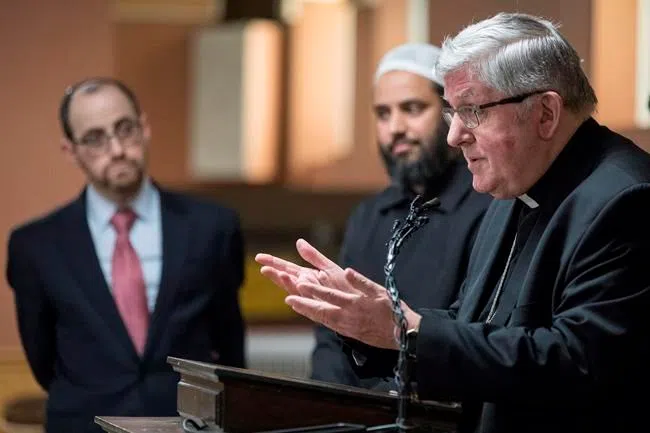
Religious leaders call for end to Trudeau’s rights-based job funding rules
Religious leaders are calling on Prime Minister Justin Trudeau to reverse a policy requiring organizations to pledge their respect for abortion rights and the rights of LGBTQ Canadians before receiving federal funding to create summer jobs for youth.
Representatives of nearly 90 Christian, Muslim and Jewish groups issued a letter to Trudeau, urging him to accommodate the “diversity of values and beliefs” in Canadian society.
“We want to ensure that Canadians continue to benefit from the collaboration between government and faith-based organizations, working together for the common good of our country,” Evangelical Fellowship of Canada President Bruce Clemenger said at a news conference where the letter was introduced.
“We are unable to give non-negotiable, unqualified affirmation to undefined values and other rights … At the risk of losing funding or programs themselves that benefit so many Canadians, the government has placed us in an untenable situation.”
